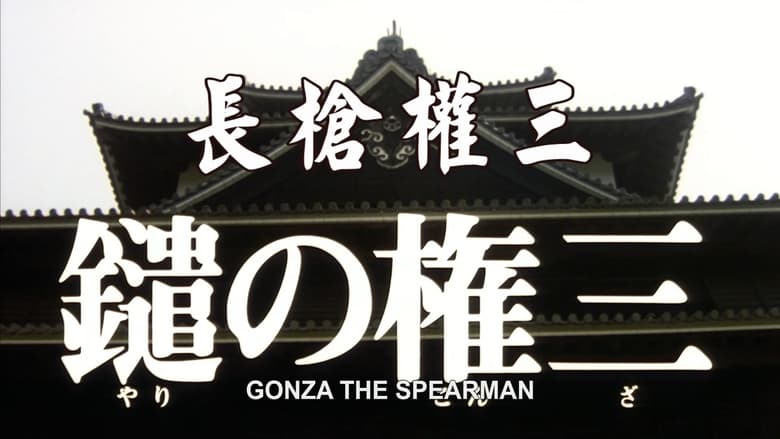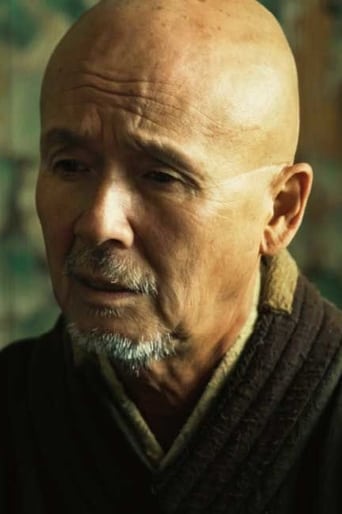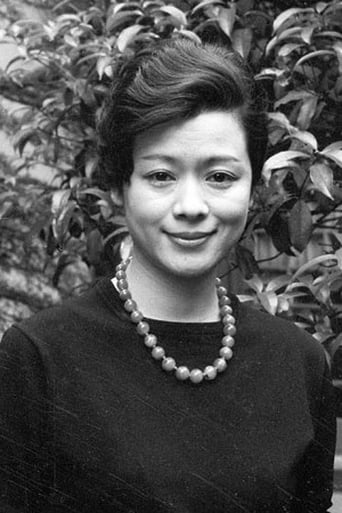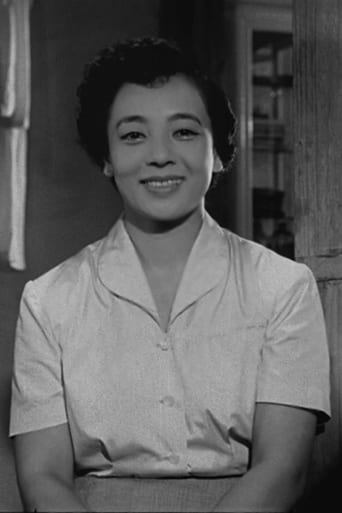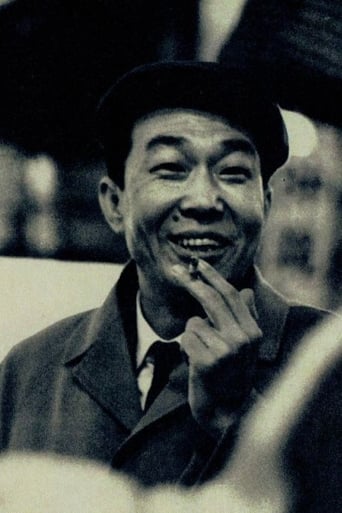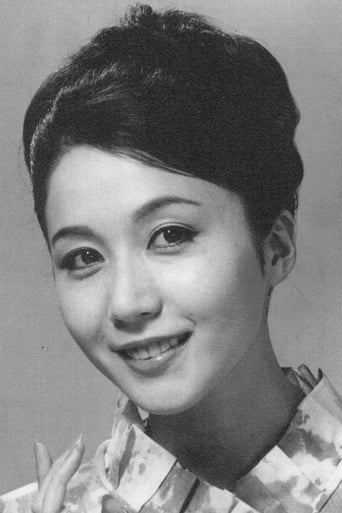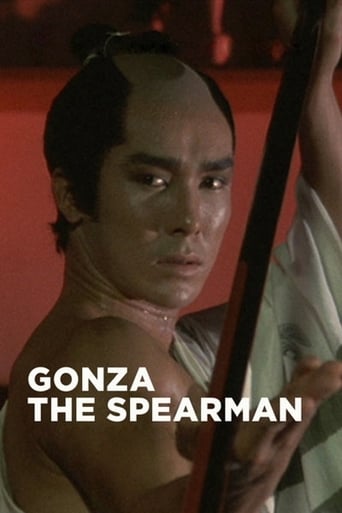
Gonza the Spearman
January. 15,1986The tragic story of Gonza, a handsome ladies man, set in the Tokagawa Period, a time in which appearences are very important. Gonza competes with Bannojō for the honor to perform the tea ceremony to celebrate the birth of an heir to the lord of their clan. To see the sacred tea scrolls Gonza promises to marry the daughter of the family which possesses them, even though he is unofficially engaged to another. When studying the scrolls with Osai, the mother of the house, Bannojō sneaks into the house and steals their obis and runs through the town proclaiming the two as adulterers.
Similar titles
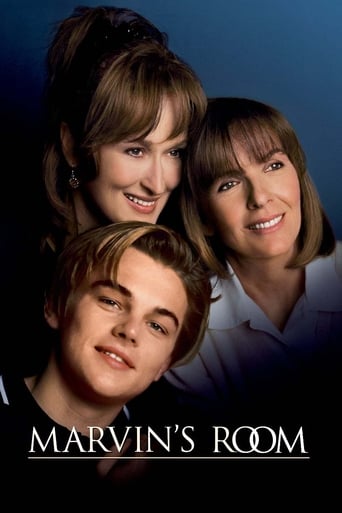
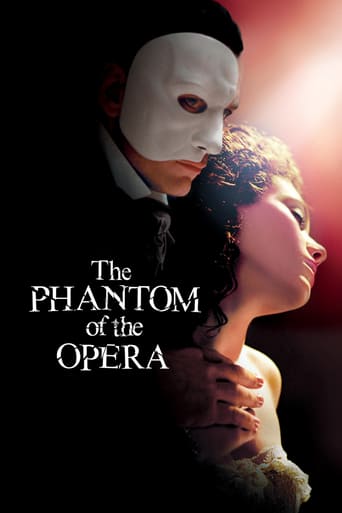


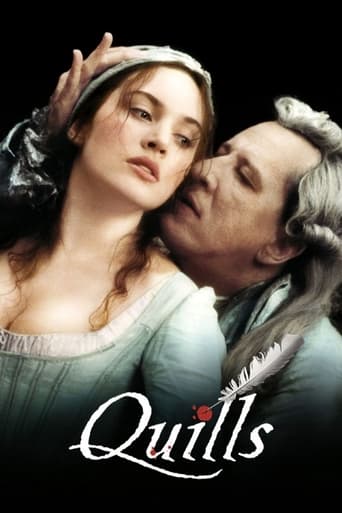

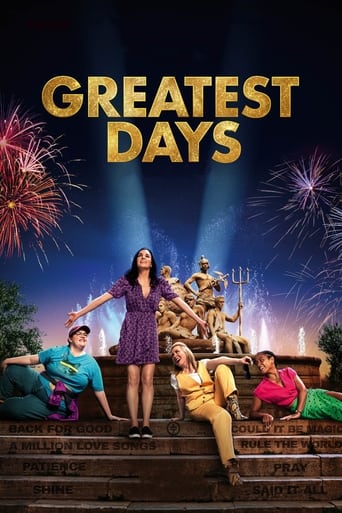
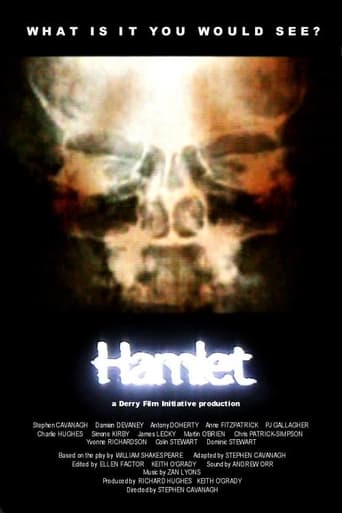
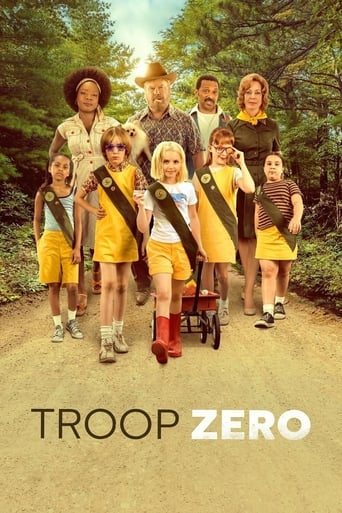
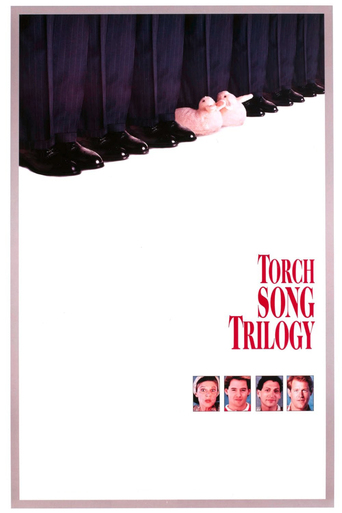
You May Also Like
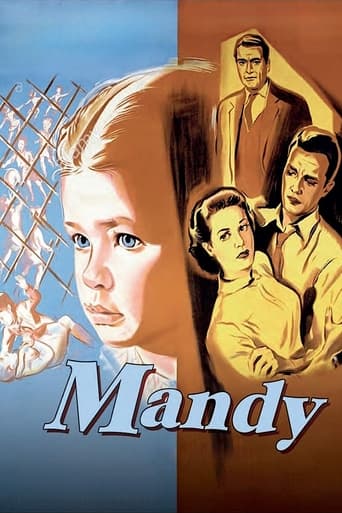
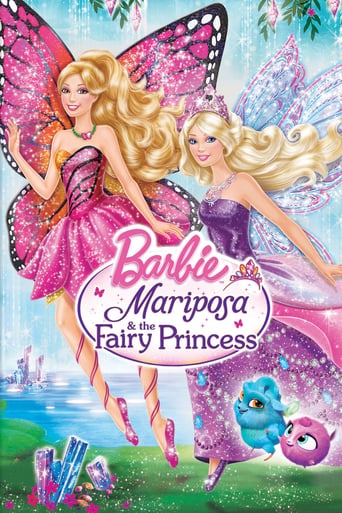
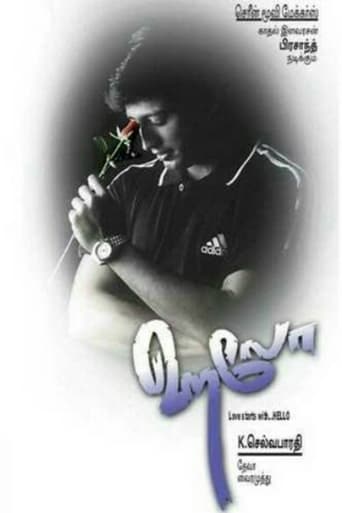






Reviews
Wow! Such a good movie.
the audience applauded
what a terribly boring film. I'm sorry but this is absolutely not deserving of best picture and will be forgotten quickly. Entertaining and engaging cinema? No. Nothing performances with flat faces and mistaking silence for subtlety.
The film may be flawed, but its message is not.
Chikamatsu Monzaemon (1653-1725), a bunraku (puppet theater) and kabuki playwright is rightly called the Japanese Shakespeare. This movie 'Yari no Gonza' by Masahiro Shinoda is based on a bunraku play by him. However, the main character here is rather more a well-known French one than a Shakepearean one. Chikamatsu Monzaemon painted a remarkable portrait of a ruthlessly ambitious and amoral character: a young samurai, who through his good looks tries to force his way up into the Edo hierarchy. During the Edo period (17th - 19th century), Japan was controlled by a shogun, a chief military commander, and his vassals, the diamiōs (feudal lords). Gonza is the alter ego of Julien Sorel, the (anti)hero in the novel 'The Red and The Black' by Stendhal and of the perfidious 'Bel- Ami' in Guy de Maupassant's book, both blinded by career prospects. Taeko Tomioka transcribed the 'puppet' story for the screen into a very appealing realistic and twisted thriller. Hiromi Gô in the main role and the exquisitely glamorous Shima Iwashita as Osai (the 'adulteress') shine in an outstanding cast . A masterpiece.
The rituals of peacetime prove to be more dangerous than the perils of war for the restless Samurai of the film's title, brought low not by swordplay but by the arcane study of the tea ceremony. Eager to learn its secrets, he accepts an invitation to wed his master's eldest daughter, despite having already promised himself to the sister of a rival warrior. Duplicity leads to tragedy in this potent melodrama, told with an urgency uncommon to Japanese medieval romance. Director Masahiro Shinoda, once an assistant to Ozu and at the time a rising star on the international film circuit, demonstrates again his assured technique, blending classical themes of honor and duty with a more colorful, contemporary approach to style.
The tabloid style accorded the UK DVD cover of Gonza The Spearman (aka: Yari no Gonza) is misleading. By showing the central character close up and in a relatively aggressive pose, the implication is that this is another samurai action film. In fact, the opposite is true. Director Shinoda's elegant work takes place in 1717, during the early Tokugawa period - a time that, after an extended period of upheaval, Japan had emerged into relative stability. As isolationism set in, so Nippon society became ever more inward looking, rigid and stratified, but beneath this increasingly onerous formalised structure of ritual and social allegiance were individuals who lived, loved and died just as in any society. The tensions and injustices resulting, and specifically the balance between 'giri' (duty) and 'ninjo' (passion) have proved fertile hunting ground for most of the great Japanese directors down the years.Gonza is specifically based upon a Buranku (puppet theatre) play by Chikamatsu, which adds a further level of formality to the production. In celebrated fashion, Shinoda had earlier adapted another work by 'the Japanese Shakespeare', as Double Suicide (aka: Shinju ten no Amijima, 1969). The playwright's writing was particularly attractive to the director. Chikamatsu's heroes were always attractive, weak men susceptible to romantic entanglements as opposed to the typical samurai type, allowing the director in adaptation to explore more amenably the psychological underpinnings of Japanese society. But whereas in the earlier film the artifice and settings of theatre are conspicuous, in Gonza such references are formalities alluded to with some sophistication - although the story would be well known to audiences at home. As with all theatrical adaptations, there come problems with 'opening out' or bringing dialogue down off the stage. Shinoda's film is visually very stylised, frequently placing characters at a distance from the lens, placing them precisely in their environment. His carefully composed world enhances the idea of theatre, as well as suggesting the path of fate through the lack of deviation from life's set progress. The camera is static, usually composing elegantly within the frame, and Shinoda uses such vaguely archaic editing techniques as the wipe. There's a deliberate use of so-called 'pillow shots' - significant cutaways to inanimate objects. It's a technique familiar from the classical style of such earlier masters as Ozu, one of the director's idols. Such shots introduce a transcendental calm, or sometimes-stoic resignation to proceedings, as well as offering a symbolic way to regain composure. (The term comes from the 'pillow words' used in Japanese poetry - "words that may not advance or even refer to the subject, but are used for their own sake and beauty, as a sort of punctuation.") To western eyes such moments also have an ironic intensity of their own: the commonplace nature of an objects in view after a dramatic moment, allied with the simultaneous lack of explicit human presence, adds to the significance of what we have witnessed.Such stylistic elements are exactly those that provoke viewers who argue that the visual formalities of Gonza are too cold, or Shinoda's alleged 'distancing' off-putting and aloof. Rather like the central character, the film is beautiful, even if it can be misinterpreted. Gonza is a man of action in a time of peace, an ace spearman when such skills are no longer so useful and when, after all, "how can we call such a man a samurai?" This is a time, we are told, when warriors leave their swords behind on ferries or in the theatre. In order to gain promotion, and to celebrate the birth of an heir to the daimio, the spearman is obliged to master the tea ceremony. Ichinoshin, another samurai, is also suggested for this honour. In a time of rigorous social etiquette Gonza has only been taught not to error, so in order to achieve perfect conduct of the ceremony, he accedes to the plan of 'barter' of Ichinoshin's wife, Osei, that he marries their daughter, Okiku. Unfortunately Gonza is already engaged, and his ensuing confrontation with Osei is overheard as evidence of their supposed adultery. The spearman thereupon emerges as an interesting and complex figure: forced to be what he is not, then blamed for what he isn't either. "What a world is it that we find ourselves in?" asks one character. The answer is a place where rigorous and inflexible moral codes mean a misunderstanding can be fatal. The fleeing of the couple, and the drawn out retribution is a melodramatic tragedy, pointing the finger at Gonza as a victim of society, rather than of his own weakness - even though it is his original ambition which leads to the critical breach of promise. "He understands nothing. Not women, not this age we are living in," it is said of the warrior.Shinoda's *jidaigeki* thus represents a repressive society, one critiqued through the hidden norms of its human interaction - a routine typical of humanist, Japanese cinema. As the two go on the run, the tragedy lies just as much in the feudal society which so confounds them, which so compartmentalises duty and passion, as in the fact that the wife Osei recognises something about herself, too late. And by refusing to play up to the melodramatic elements of the story through rapid cutting, emotional close ups and the like - with the possible exception of the climax - Shinoda follows in a long and eminent tradition. He filters tragedy through a style that, by implication, both distances and intensifies an unyielding society, as well as reflecting the story's original Bunraku origins. If perhaps his film does not reach the height of a Mizoguchi - the older director's masterpieces, such as Life Of Oharu (aka: Oharu, 1952) are more feminist works, and their outrage at social injustice more moving - it is still a considerable achievement. Of course he is helped immeasurably by the cinematography of Miyagawa (Rashomon, Ugestu) as well as the stark score of composer Takemitsu, whose precise punctuations of sound perfectly match the careful images on offer.Such intellectual musings aside, how enjoyable is such an art house film for the average viewer? There's no doubt that the restraint of the first part will not be to every taste. However once Gonza's transgression is in place and the doomed fatality of events ensues, a degree of suspense is felt and events move naturally with dramatic impetus. There's increasing empathy created for the two adulterers, earlier shallow and self-obsessed, now more of an emotional unit as the film draws to its bloody conclusion. Despite, or perhaps because of the earlier coolness, succeeding moments of pathos make greater impact. Gonza's final "If I had a bamboo spear..." utterance for instance, a succinct statement of his own perilous disadvantage away from the field of his greatest expertise, armed ultimately with a wooden sword. Or the final shots of the tea ceremony, now loaded with memories and significance, another prime example. "I will partake," says the formerly estranged grandfather, as the son goes through the actions - at first, it seems, in an empty room after which we suddenly become aware of a critical family audience. Saying much without any significant dialogue, Gonza concludes this calm coda with long shot of Okiku's face. Carefully neutral, her expression invites the viewer to interpret an inner state, just as evocatively as does the famous conclusion to Mamoulian's Queen Christina (1933), with Garbo.
The sets and costumes are wonderful and take you back to the early Tokugawa period. If you feel that some of the acting is understated you should remember that the people of the samurai class were not supposed to show their emotions. They should be quiet, calm and composed no matter what the circumstances. It is in the Japanese theatre, bunraku and kabuki, that emotions are allowed greater freedom. So I think the acting is an authentic portrayal of the period.The beautiful color photography should also be mentioned.
Top Streaming Movies











